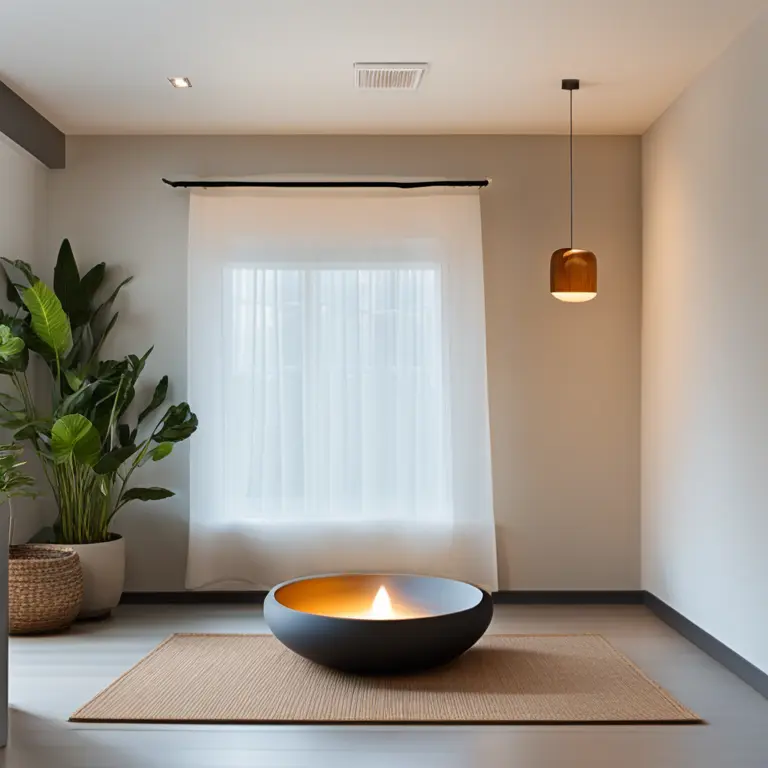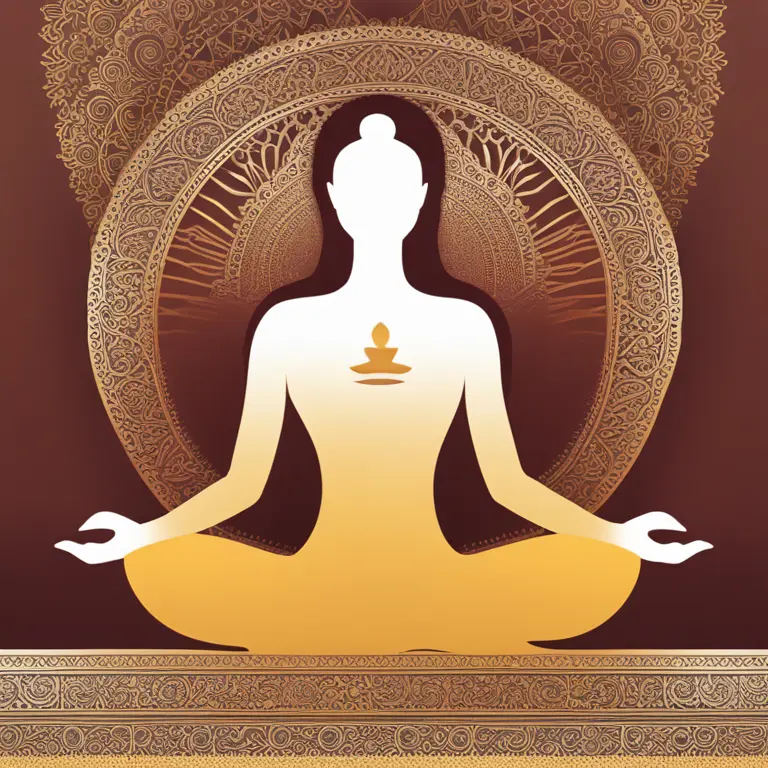
Begin Your Meditation Journey
Start your meditation practice with ease. Learn the foundational steps and embrace a serene journey towards inner peace.
article by Hina Kurosawa
Why Meditate?
Meditation has surged in popularity due to its wide-ranging benefits for the mind, body, and spirit. Rooted in ancient traditions, it is now framed by modern science as an effective tool for stress reduction, enhanced focus, and personal growth. Practicing meditation regularly can help in managing anxiety, improving emotional health, and even possibly enhancing attention spans. It’s a journey that grants deeper understanding of one’s own mind and fosters a sense of well-being.

Setting the Scene
Beginning your meditation journey requires no special equipment – just a quiet space where you will be undisturbed. Whether it's a peaceful corner of your home or a serene spot in nature, the environment should relax you. Consider dimming the lights or using candles to create a soothing ambience. You may also want to incorporate comfortable seating, such as a cushion or a chair, to maintain a posture that is both alert and relaxed.

Timely Practice
Timing can be crucial when integrating meditation into your daily routine. Opt for a time when distractions are at a minimum. Early mornings or evenings are traditionally preferred. However, even a short pause for meditation during a busy day can be profoundly beneficial. Start with a manageable duration, such as five minutes, and gradually increase the time as you become more accustomed to the practice.

Embrace Simplicity
The essence of starting meditation is to keep it simple. Focus on your breath – inhalation and exhalation – and observe it without judgement. This practice is known as mindful breathing. When your mind wanders, gently guide it back to your breath. This act of returning to your breath is where the meditation lies, not in the absence of thought. Simplicity is key; there’s no need to overcomplicate the process.

Posture and Comfort
Your physical comfort is instrumental in maintaining focus. Sit with a straight back, yet not stiff. Your hands can rest gently on your knees or in your lap. Keep your head aligned with your spine, and if seated on the floor, ensure your hips are elevated above your knees. The lotus or half-lotus position is traditional, though not necessary. What matters most is finding a posture that you can maintain comfortably for the duration of your session.
Meditation Techniques
As you delve deeper into meditation, you may wish to explore various techniques. Mantra meditation involves the silent repetition of a calming word or phrase, while guided meditations can lead you through imagery or body scan exercises. Mindfulness, a practice that emphasizes staying present in the moment, can also be woven into your routine. Experiment with these methods to discover what resonates with you and supports your journey.
Consistency and Patience
Consistency is more vital than duration when you start meditating. Aim to meditate daily, blending it seamlessly into your everyday life. Don't be discouraged by days when concentration seems elusive; patience is a crucial component of the practice. Every session is an opportunity to learn and grow. Over time, meditation can become a sanctuary of tranquility in your routine – a special time reserved for just you and your well-being.
Published: 2/12/2024
Modified: 2/12/2024
More predictions
Come back here soon to learn more about yourself and your future


Breathing Practices for Deeper Meditation
Delve into effective breathing methods that enhance meditation practices, fostering tranquility and inner peace.


The Harmony of Meditation Music: A Journey Within
Discover the serene power of meditation music to enhance your mindfulness practice and spiritual pursuits on your personal journey.


The Impact of Meditation
Delve into the heart of meditation and its profound impact on mind, body, and spirit in our fast-paced world.